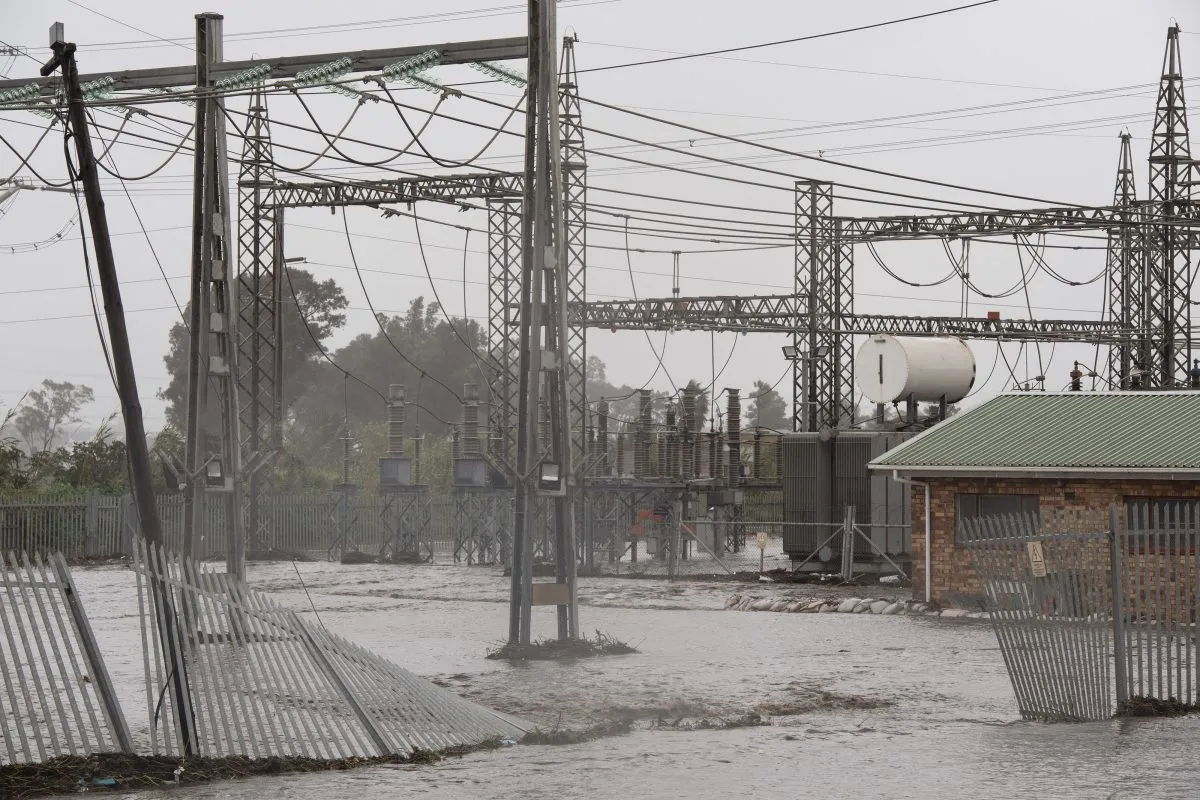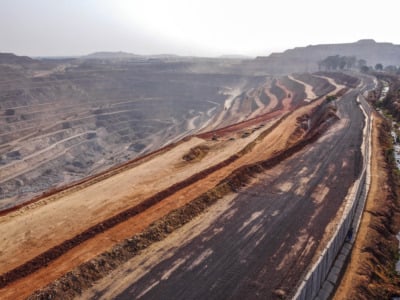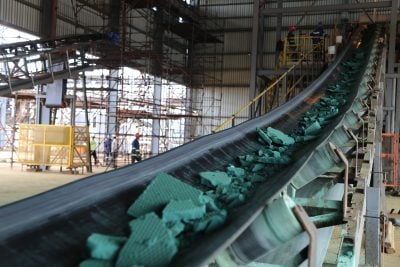African countries, heating up faster than other regions of the world, face losing 2-5% of gross domestic product (GDP) on average due to climate extremes, according to a new report from major multilateral organisations
The State of the Climate in Africa report, launched by the United Nations Economic Commission for Africa (ECA), the World Meteorological Organization (WMO) and the African Union Commission, estimates that climate related hazards such as droughts, floods, and cyclones – which fuel food insecurity, water scarcity, and displacement – will lead to adaptation costs of $30-50bn annually over the next decade, which alone represent 2-3% of the region’s GDP.
In Tunisia, due to widespread drought conditions in 2023, cereal output was more than 80% below the annual average. Other North African nations such as Algeria and Morocco registered below average outputs of cereal for the same reason. In Ethiopia, the Deyr and Hageya rains ended with some of the highest cumulative totals in 40 years, causing severe flooding in the Somali, Oromia, and southern regions. This resulted in the loss of nearly 27,000 livestock and destruction of over 72,000 hectares of crops, particularly along the Shebelle and Omo rivers.
Agriculture is a key sector in Africa, responsible for employing over 60% of Africa’s population according to the World Bank. In sub-Saharan Africa, agriculture accounts for 30-40% of GDP in most countries.
“Africa is uniquely vulnerable to climate change, with its high dependence on rain-fed agriculture and limited adaptive capacity. Rising temperatures, rising sea levels, and erratic rainfall are already causing widespread harm to human health, ecosystems, and livelihood. These challenges threaten to derail Africa’s big-bed progress towards achieving the sustainable development goals and the African Union agenda 2063,” said Mike Mposha, Zambia’s minister of green economy and environment.
By 2030, up to 118 million extremely poor Africans could face drought, floods, and extreme heat, hindering poverty reduction and growth if adequate measures are not taken, the report states.
Investment urgently needed
The report calls for increased investment in Africa’s national meteorological and hydrological services, which it says are essential to improve data collection, forecasting, and early warnings for extreme weather events, with a focus on advanced technologies for more accurate and timely forecasts.
African countries, however, are also currently facing severe debt distress which affects their capacity to invest in these services when they have other critical developmental needs to tend to such as healthcare and education.
“We can only drive investments in climate action if we have financing, therefore, there is a need to achieve sustainable debt levels to make the essential investments,” said Hanan Morsy, deputy executive secretary and chief economist at the Economic Commission for Africa.
The report calls for innovative financing mechanisms including private sector investments, debt-for-nature swaps, and debt-for-climate swaps to secure predictable climate financing for climate action, sustainability, and job creation.
“There must be first, a timely and sustainable international debt resolution that calls for an overhaul of the G20 Common Framework to make it more effective, time-bound, and transparent, and second, a reform of the global financial architecture to ensure affordable financing at scale.
“Third, the implementation of innovative financing instruments such as debt-for-nature swaps, and green and blue bonds; and fourth, advancing carbon markets to establish a fair carbon price supported by high-integrity carbon registries to ensure transparency and trust. These are transformative avenues to address Africa’s climate finance requirements,” said Morsy.
Want to continue reading? Subscribe today.
You've read all your free articles for this month! Subscribe now to enjoy full access to our content.
Digital Monthly
£8.00 / month
Receive full unlimited access to our articles, opinions, podcasts and more.
Digital Yearly
£70.00 / year
Our best value offer - save £26 and gain access to all of our digital content for an entire year!

 Sign in with Google
Sign in with Google 



